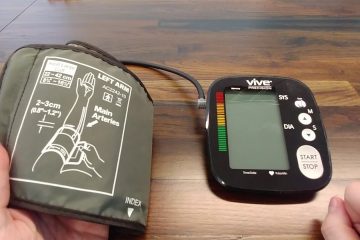What Happens To Your Body During Alcohol-Related Black Outs?

The blackout affects your memory temporarily. When your body’s alcohol levels are high you may experience blackouts. Drinking reduces your capacity to create new memories while engrossed. However, it doesn’t get rid of memories created before drinking.
Someone who survives a blackout is more likely to participate in risky behavior like reckless driving, damage to property, and unwanted sexual advances. A blackout victim won’t remember these activities once he is sober. A person is more likely to see a blackout the more alcohol they consume in a certain amount of time. Alcohol consumption on an empty stomach or while dehydrated can raise the risk of a knockout.
Unfortunately, those who are alcohol addicts cannot stop drinking abruptly as it may leave alcohol withdrawal symptoms. Hence, they need professional therapy to quit drinking gradually.
You can join Detox To Rehab community that helps people through informative videos, articles, and discussion forums to find solutions to alcohol abuse. They also have a list of rehab and therapy centers near your area that can help you or your loved ones.
Causes of Blackout
- Drinking empty stomach
- Drinking excessive in a short span
- Oxygen restriction
- Epileptic seizures
- Psychogenic seizures
- Certain medications
- Low blood pressure
- Fainting
- Low blood sugar
Prevention of Blackout
- Weekly low-risk guidelines for drinking
- Sip rather than gulp to prevent consuming alcohol too soon.
- Alternate between alcoholic and non-alcoholic beverages.
- Eat enough food and never drink on an empty stomach to keep safe, and never consume alcohol in public places.
- Prepare your return home route in advance.
Those who consume alcohol or who have an alcohol addiction frequently experience blackouts. The best approach to preventing blackouts and other potentially harmful outcomes of alcohol use is to seek treatment.
The most effective course of action for those struggling with alcoholism is therapy. This can involve both inpatient therapy and a regimen to abstain from alcohol under medical supervision. Inpatient care provides intensive recovery programs together with round-the-clock assistance.








